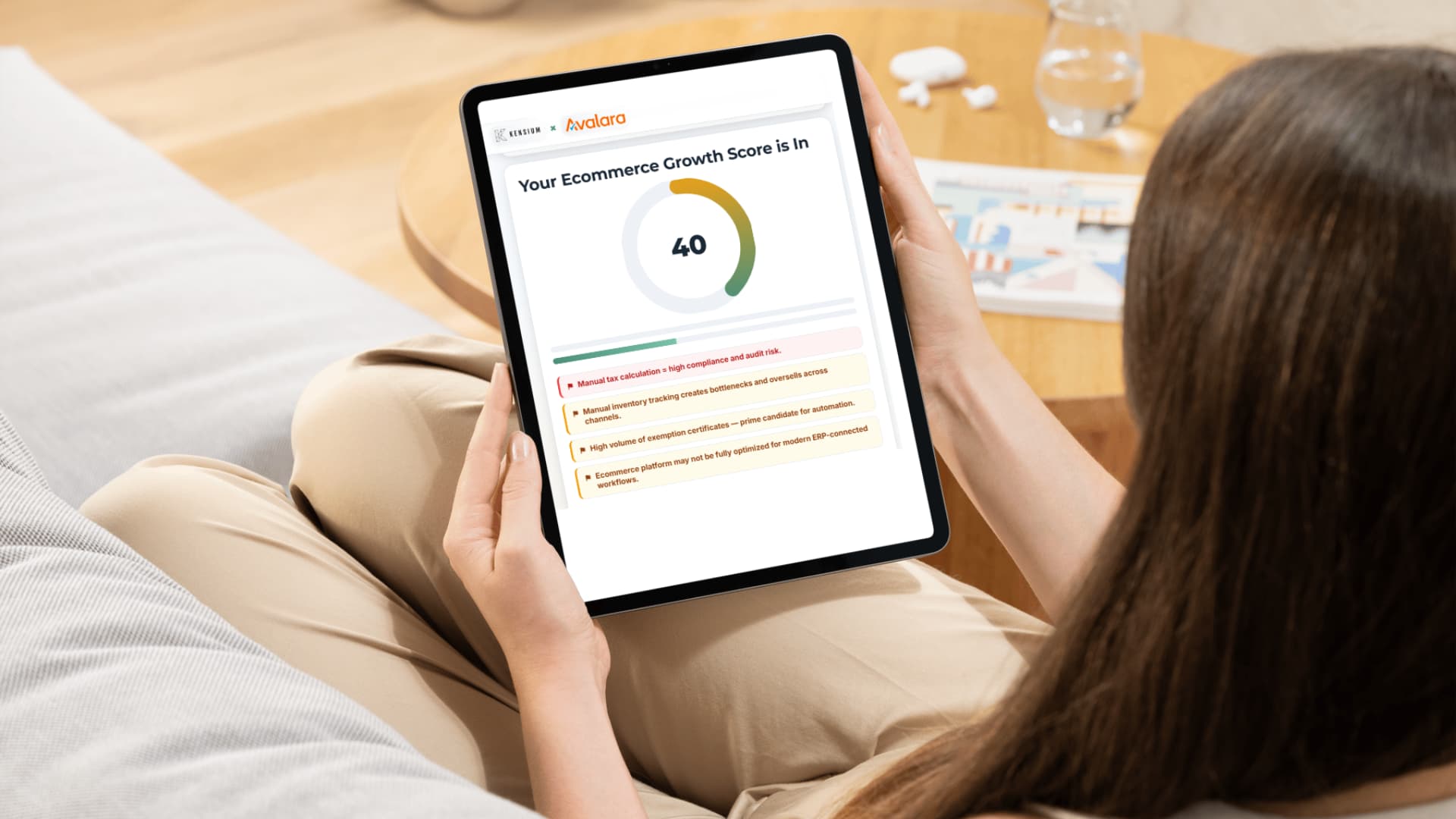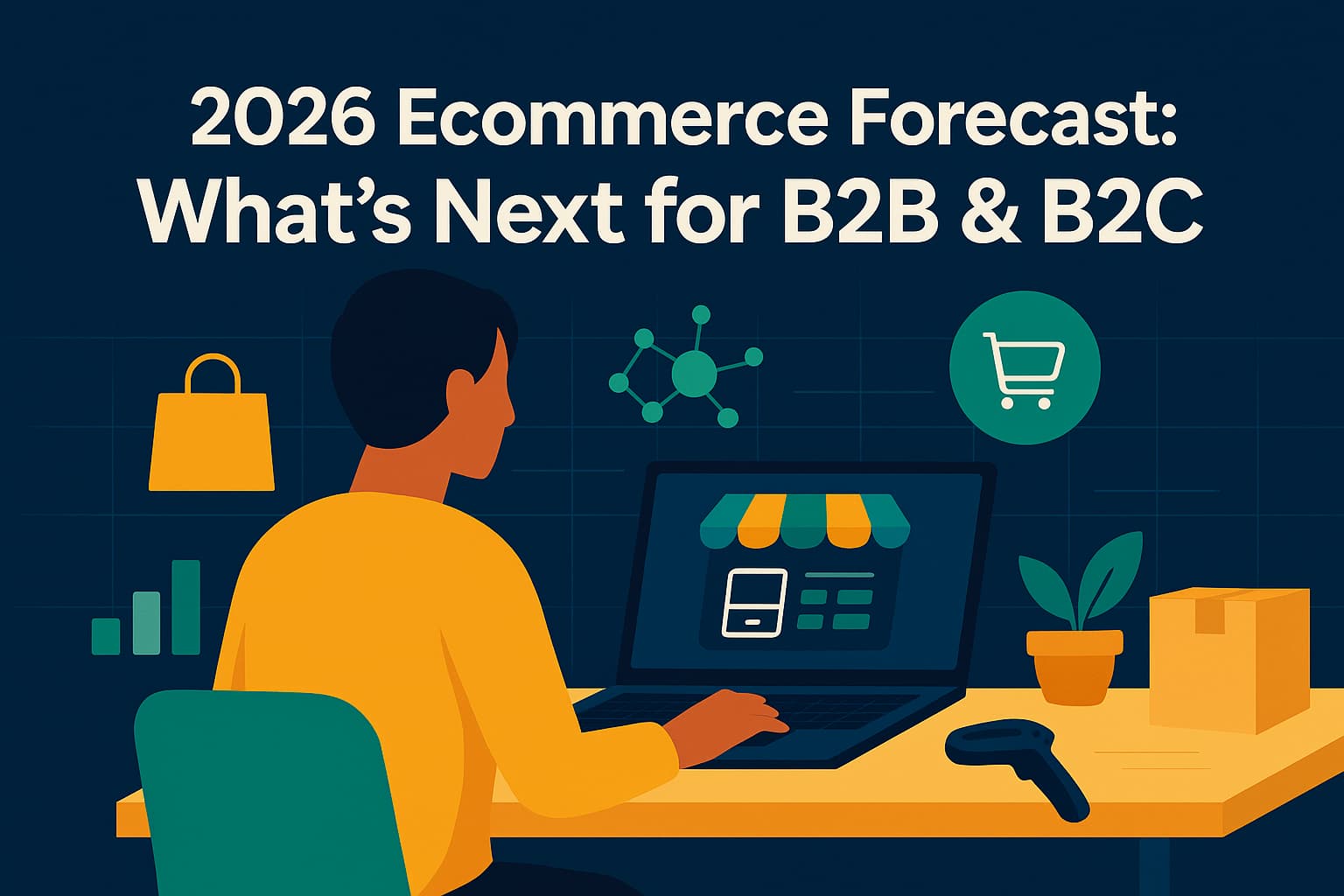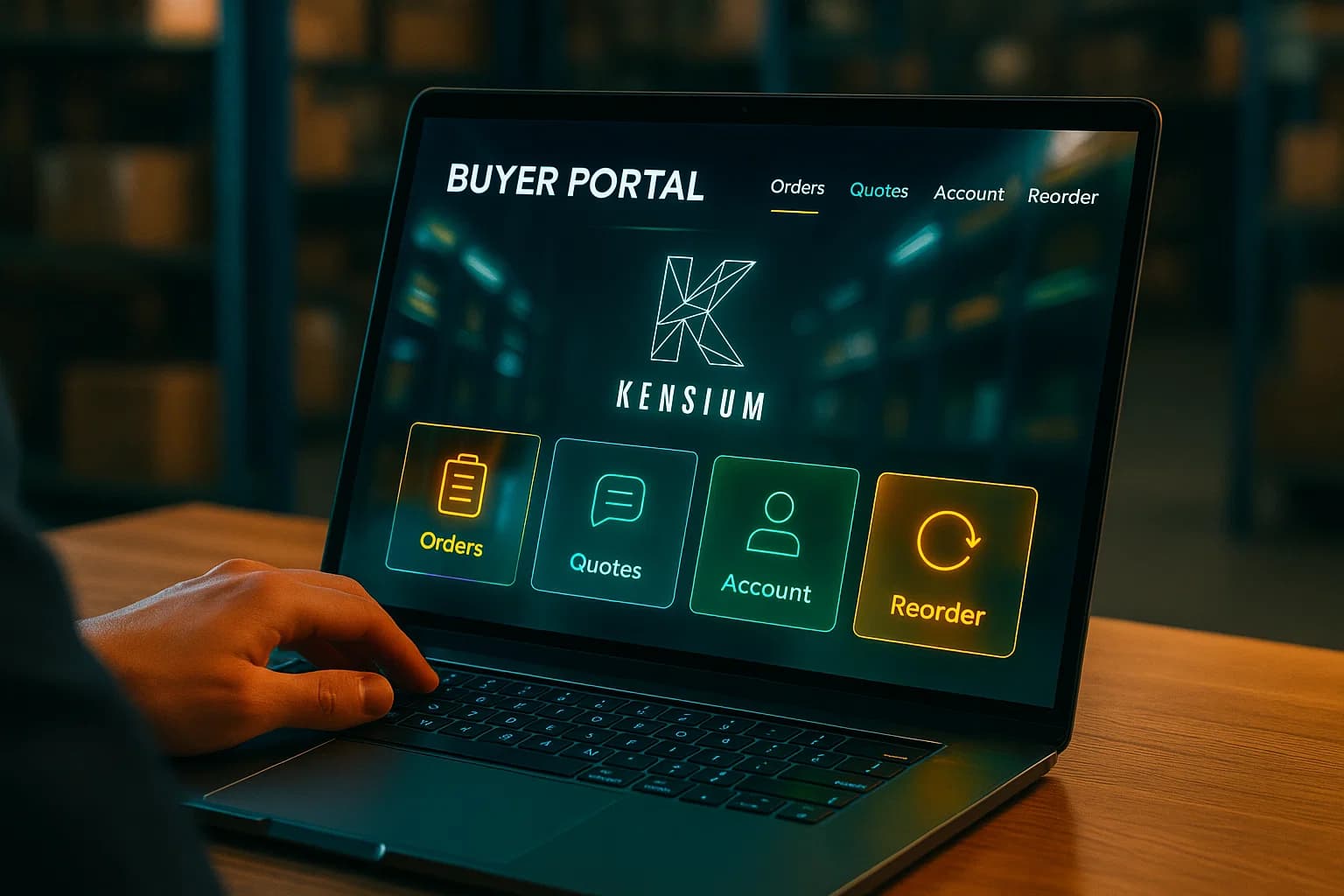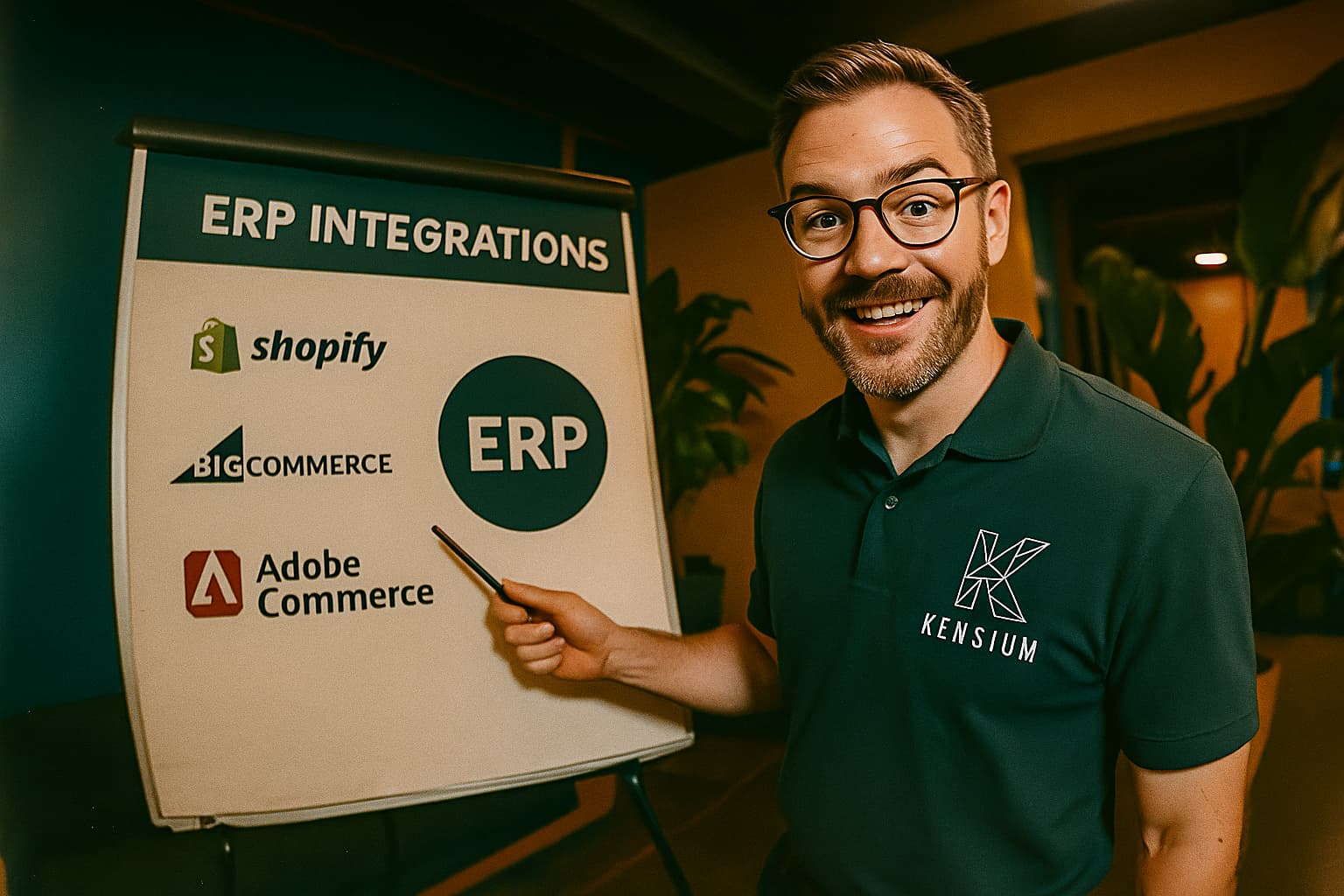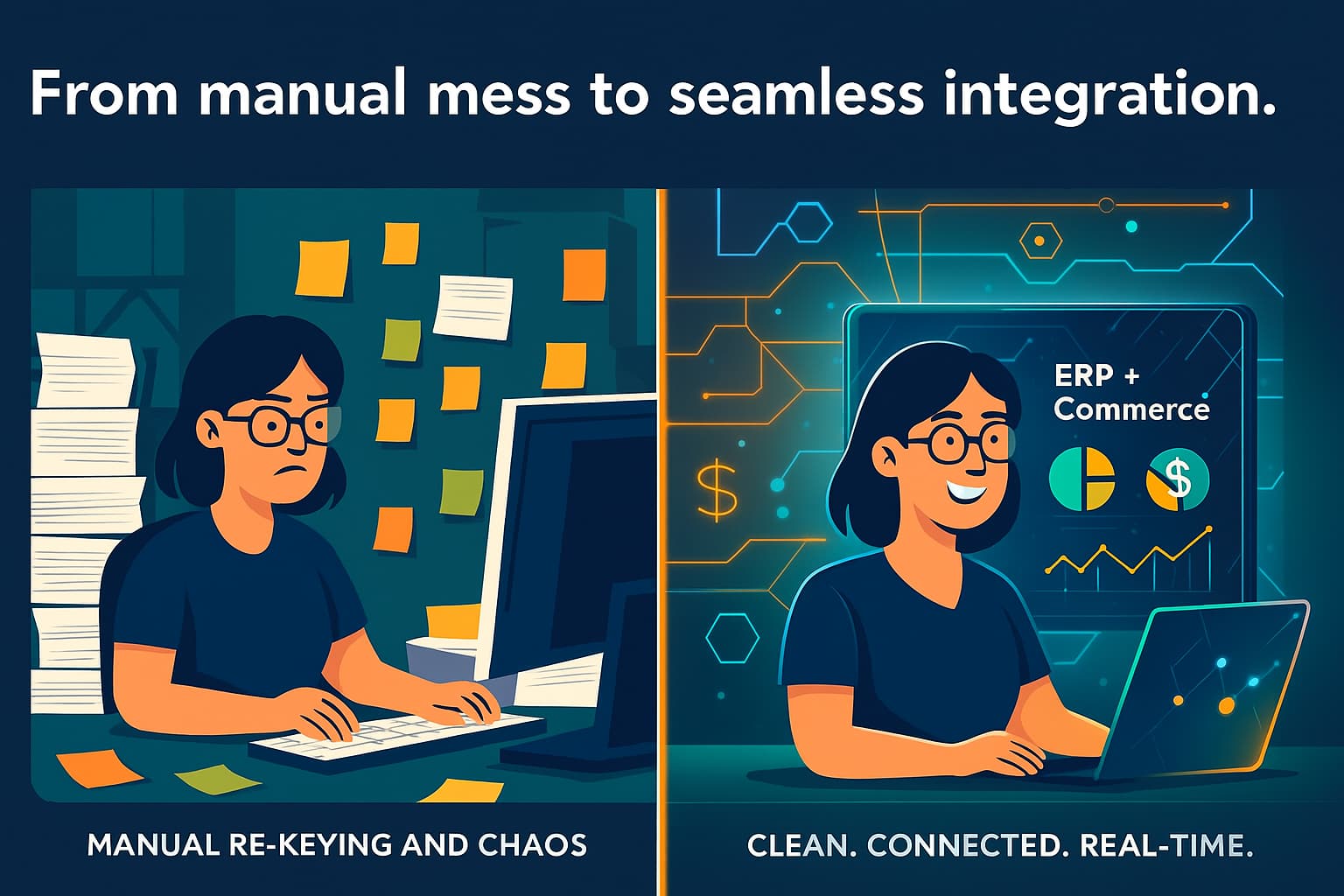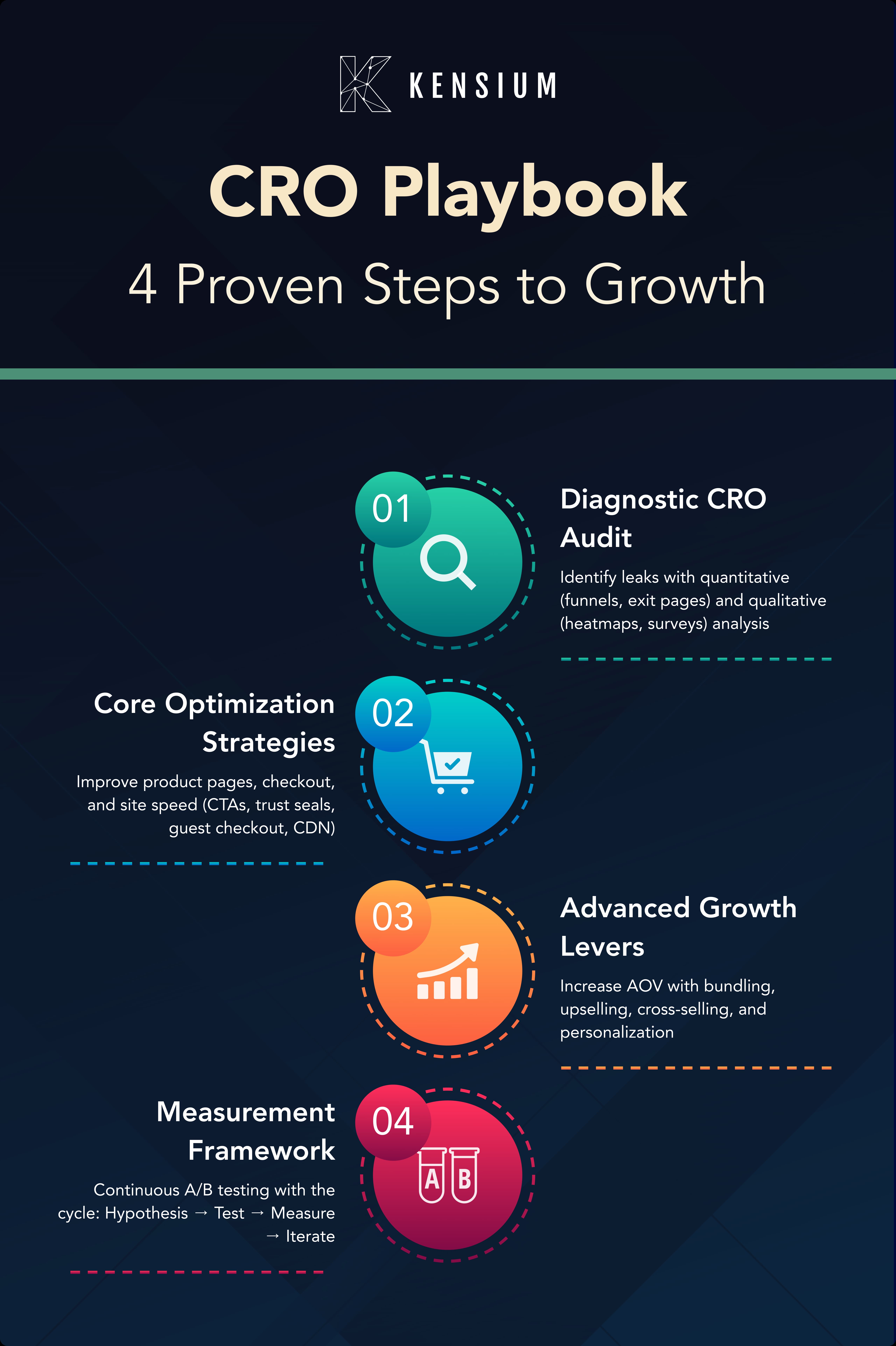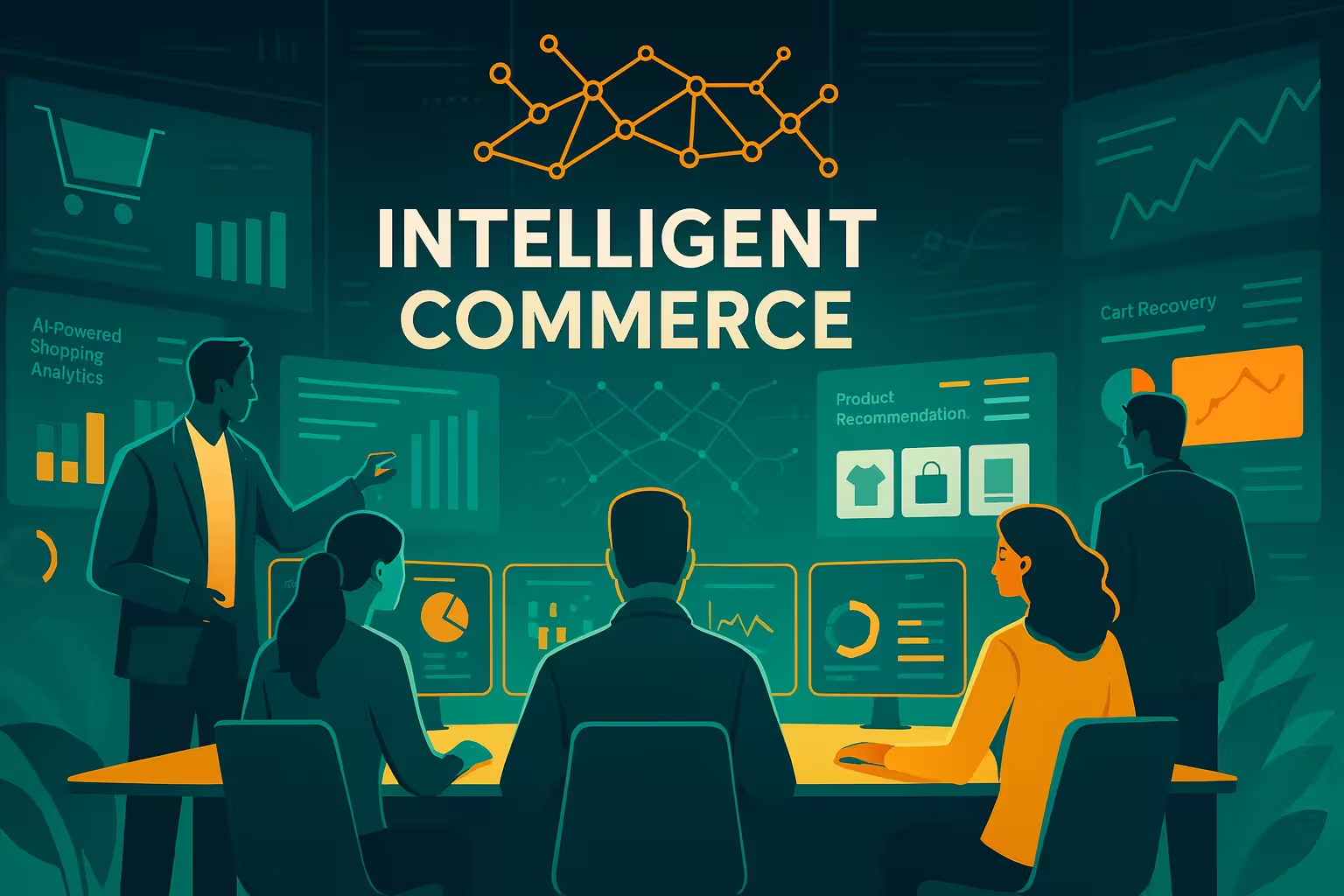
If you’re running an ecommerce company while continuing to rely on scattered spreadsheets and various, disconnected software tools to keep track of information and support your business processes, it’s time to switch it up. As your business scales, you’ll find this approach becomes increasingly unsustainable.
Enterprise Resource Planning (ERP) software helps you transition from scattered systems by serving as a centralized database, consolidating information from various departments like sales, marketing, accounting, and supply chain management. While ERPs have historically been relegated to the role of financial management, today they offer a comprehensive solution that boosts operational efficiency, allowing you to achieve more with fewer resources. These systems have earned their place as essential tools in the ecommerce landscape, with small and medium-sized businesses (SMBs) now embracing them alongside larger enterprises.
The global ERP market is poised to hit $100 billion by 2025. While some businesses still hesitate to commit to the cost of ERP software, the enduring benefits in scalability, reliability, and productivity far outweigh the initial investment.
Before adopting a new system, it’s important to understand the capabilities and limitations of ERPs and how they align with the specific needs of your organization.
What Is ERP and What Does It Do?
ERP software serves as a centralized database and command center, providing a streamlined solution for managing all aspects of your company's operations and facilitating cross-departmental collaboration. By integrating these functions, it breaks down data barriers that confine information to specific departments, providing a holistic view of organizational data.
For ecommerce, ERPs serve various business management purposes, from procurement and logistics to financial reporting. They empower businesses to automate tasks, gain valuable insights, and optimize workflows.
Among the perks of ERP are improved communication across departments, centralized data storage, and precise real-time inventory visibility, giving businesses a leg up in the competitive ecommerce space.
Benefits of ERP and Ecommerce Integration
By linking your enterprise resource planning system with other software apps, databases, or external systems, ERP integration creates a unified source of truth within your business so that important information can flow seamlessly between departments. This setup boosts efficiency, improves visibility, and empowers your team to make informed decisions in real-time, ramping up productivity across the board.
These are the top benefits ERP integration can bring to your ecommerce business:
Streamlined operations
ERP systems revolutionize business processes by centralizing data management, automating tasks, providing real-time insights, and ensuring regulatory compliance. With integrated CRM and SCM modules, ERP systems help you to deliver a better customer experience and streamline supply chain operations. They also offer robust financial management functionalities, empowering organizations to make informed decisions and drive growth.
Enhanced customer experience
Customers expect a seamless, personalized shopping experience. With an ERP system in place, you’re better equipped to meet these expectations and deliver a seamless shopping experience. The CRM module in an ERP system can handle customer interactions, track communication, purchases, and preferences so you can deliver personalized marketing campaigns and improved service according to each customer’s specific needs. An ERP also serves to streamline operations, which means better inventory management and supply chain control, helping you stay one step ahead and maintain the balance between supply and demand.
Accurate financial reporting
Real-time sales data from various sales channels (e.g., Website, POS, and Marketplaces) can feed directly into the ERP, ensuring instant financial reporting for informed decision-making. This integrated system provides valuable business insights, revealing top-performing and underperforming products, ROI on marketing, potential cost-saving opportunities, forecasted inventory needs, and reliable cash flow projections.
Improved inventory management
ERP systems improve inventory management by consolidating various inventory sources into one platform, easing communication with suppliers, and helping you to fulfill orders while giving you the power to track operations from a single ERP dashboard. With the right integrations, these systems also enable real-time inventory tracking and synchronization between multiple sales channels, ensuring accurate stock levels across all touchpoints. This capability reduces errors related to shipping, inventory, or product details, ensuring timely delivery of products and enhancing the overall customer experience.
Data-driven decisions
Most modern ERPs include robust dashboards, reporting, and business intelligence (BI) integrations, giving you access to in-depth analytics that help you to understand what’s hot—and what’s not—among your customer base. With an accurate forecast of future trends, you can adjust your business strategy and marketing efforts accordingly.
Auditability
By centralizing data management, providing real-time reporting, and maintaining comprehensive transaction logs, ERP systems significantly enhance auditability. They automate compliance with industry standards, enforce security through role-based access controls, and standardize business processes to ensure consistency. ERP systems streamline inventory and order management, integrate financial data, and offer customizable reporting tools, all of which facilitate accurate, transparent, and efficient audits.
Considerations for Successful ERP Integration
Companies now have a wide array of ERP applications to choose from, offering more options than ever before. It’s important to keep in mind that the effectiveness of an ERP system hinges on careful implementation; without proper integration, you won’t reap the full benefits of your investment.
Before going all-in on an ERP that may work well for one of your competitors, there are a few questions you should ask yourself to determine the right solution for your business.
What features and functions are most important to you?
Determine which business processes will be managed by the new ERP and how it will interact with existing systems. This analysis should establish clear objectives and measures of success.
How will an ERP integrate with your existing tech stack?
Choosing an ERP solution that easily integrates with your current applications is essential. Many popular ERP systems offer certified integrations with common business applications such as office productivity software, ecommerce platforms, CRM systems, etc. These pre-built integrations ensure that your core business processes remain unchanged and eliminate the need for manual data entry between systems.
How reputable is your prospective ERP vendor?
When evaluating potential ERP vendors, consider their reputation carefully. Look for industry-specific experience and expertise, as well as rankings from analysts like Gartner and Forrester. Evaluate the vendor's website for case studies and resources indicating their commitment to customer success, and don’t overlook the power of a Google search to uncover any red flags or negative feedback.
How do you choose the right tech partner to meet your needs?
Ideally, you’ll want to find a partner that’s knowledgeable about ecommerce specifically, with experience optimizing both front and back-end operations and the ability to configure/customize the systems to meet your business processes. This means they can help with ERP implementation while also understanding the importance of marketing, strategy, and website design, providing a complete end-to-end solution.
What’s your budget?
ERP software costs vary based on factors like vendor, necessary modules, deployment method, and user licenses. Upfront costs can include licensing fees, maintenance, hardware, and implementation, with additional ongoing expenses like user subscriptions and support. To find the right solution for you, you’ll need to weigh the cost of the software against the value of the features it provides.
How Does ERP-Ecommerce Integration Work?
ERP integration is a complex process that involves synchronizing the different software applications and systems within your organization to create a cohesive and efficient environment offering a single source of truth. Unlike standalone applications, an integrated ERP system connects disparate processes, offering a holistic and real-time view of your business operations.
ERP Integration: A Step-by-Step Guide
At Kensium, we’ve developed a comprehensive process for integrating your eCommerce site with ERP that is designed for a seamless transition, minimizing downtime while making sure you get the most out of your ERP investment.
Assess organizational needs
We collaborate with stakeholders across departments to develop a thorough understanding of business needs. From there, we can define the data flows, processes, and system interactions that need to be considered for the integration.
Carefully map out your data
We go to great lengths to understand the structure of your current systems and how it can be adapted for ERP, maintaining data integrity and security throughout the integration process.
Establish a Single Source of Truth
SSOT, or Single Source of Truth, serves as the centralized data hub or reference point of your organization, promoting collaboration, and saving you time and effort. Your SSOT can be any software that adequately fulfills your needs; for some, the SSOT may be their CRM, while for others, it is their ERP. We help you determine the SSOT that makes the most sense for you by considering system capabilities, team structure, internal processes, and other key factors.
Customize your ERP to conform to business needs
When integrating your ERP and ecommerce platform, we take into consideration the unique needs of your business. This can look like custom workflows, interface customization, and syncing processes that are scalable and align with your long-term goals.
Conduct volume testing
Lastly, we conduct volume testing to assess the system's performance under heavy data loads. This ensures proper functionality, data integrity, storage accuracy, and acceptable response times.
The Real-World Benefits of ERP Integration
ERP integration can be a game-changer for your business. We've been in the trenches of countless successful ERP integrations, and let's just say, the results speak for themselves.
Take Dekra-Lite for instance, a leading global design firm specializing in commercial Christmas decorations. They came to Kensium with a problem; their ERP wasn’t integrated with their Shopify site, resulting in inventory issues, delivery delays, and a noticeable decline in customer satisfaction.
Kensium reconfigured the company’s ERP to streamline inventory management and automate diverse business processes, from storage and product design to manufacturing and installation.
With real-time inventory tracking in place, Dekra-Lite was able to easily monitor stock levels and handle order fulfillment. The improvements earned praise from customers and repeat orders.
Wisconsin’s Door County Candle (DCC) came to Kensium in the midst of redefining its company mission, aspiring to become a philanthropically driven organization by donating a portion of its sales to non-governmental organizations (NGOs). To do so, they needed to integrate their Shopify systems with an ERP to track orders and allocate funds to the right NGO.
The Value of ERP Integration for Your Business
Understanding the core functions and benefits of ERP integration, along with the ins and outs of successful implementation, is crucial to leveraging the full potential of these systems in your own business.
The real-world examples mentioned above illustrate the transformative impact of ERP integration on streamlining operations, enhancing customer experience, and driving social responsibility efforts.
By carefully evaluating ERP vendors, understanding the integration processes, and partnering with industry experts, you can harness the power of ERP systems to achieve your business goals and thrive in the digital marketplace.
Ready to supercharge your business with ERP solutions? Reach out to Kensium today to find out how we can support your ERP integration journey.








.png)




